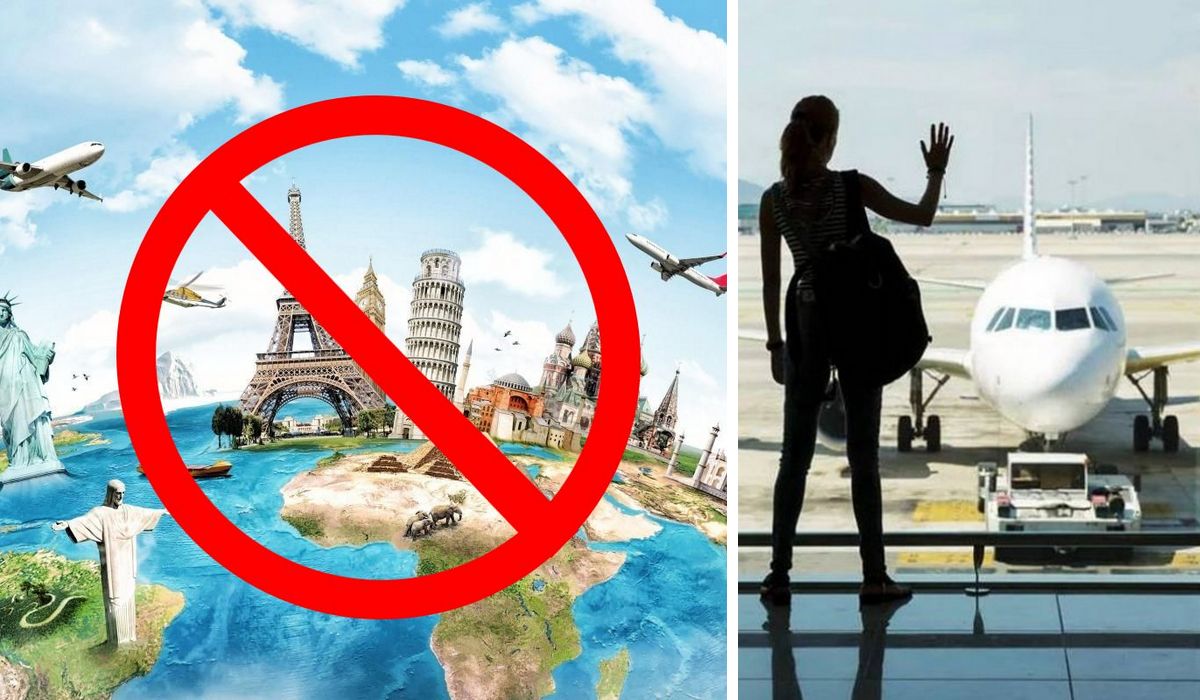Usual recreation will change radically – many “summer” destinations will lose tourists, and the framework of the “high” summer season will most likely shift to cooler months. The global outflow of tourists is beginning: this is the result of the usual beach holiday locations of the Mediterranean resorts to more comfortable regions in terms of temperature. And also the refusal of summer vacation in favor of autumn and spring. Accordingly, shortly, it is possible to observe the bankruptcy of hotels, the abandonment of usual resorts, and the reorientation of investments to new regions. This is how analysts assess the prospects of a “global outflow” of tourists, which has already begun, due to global warming, which is now actually burning the Mediterranean.
As reported by the European press, according to the European Tourist Commission (ETC), the number of tourists planning to go to the Mediterranean basin has decreased by 10%. The reason is “unforeseen weather conditions”, the usual resort places in the Mediterranean already suffer from extreme temperatures for the second season, which lead to other natural disasters. At the same time, 7.6% of tourists believe that the weather is an important factor in their travel plans.
According to experts, the “global outflow” can occur in several directions at once. Demand for “cooler” countries is growing, including the Czech Republic, Ireland, and Bulgaria. Residents of the Scandinavian countries also said that next season they intend to consider the opportunity to rest in their homeland and not suffer from the heat. Secondly, the framework of the high season will probably shift as well – from the hottest July and August to the “velvet season”, when the heat subsides and the sea remains warm, and to a lesser extent to May-June because the sea is still cool for “beach” tourists.
At the same time, some tourist destinations, in particular Greece, comment that this “outflow” has its positive aspects. In particular, the fact that it will contribute to the elimination of “over-tourism” in the summer months – from which many Greek islands suffer.
However, so far the picture is scary. It will be recalled that the Ministry of Health of Italy has issued a warning about high temperatures in ten cities, including Rome, due to the serious abnormal heat and the potential risks it poses to the health of the population. In Rome, the temperature rose to +43, and in some places, in particular, in Sicily, they promise up to +50. “It is important for both tourists and residents to prioritize their well-being and take the necessary precautions during periods of intense heat,” it said.
A separate point in the warning is that although sightseeing can be attractive, for personal safety in such extreme weather conditions it is necessary to avoid dehydration, and in the hottest weather to be in an air-conditioned room or at least in the shade. At the same time, the hottest hour, according to the Ministry of Health, lasts from 11:00 a.m. to 6:00 p.m. Read details here. At the same time, pessimists generally predict that the “thermal explosion” will lead to the fact that tourism in Southern Europe will “be covered with a copper basin”.

